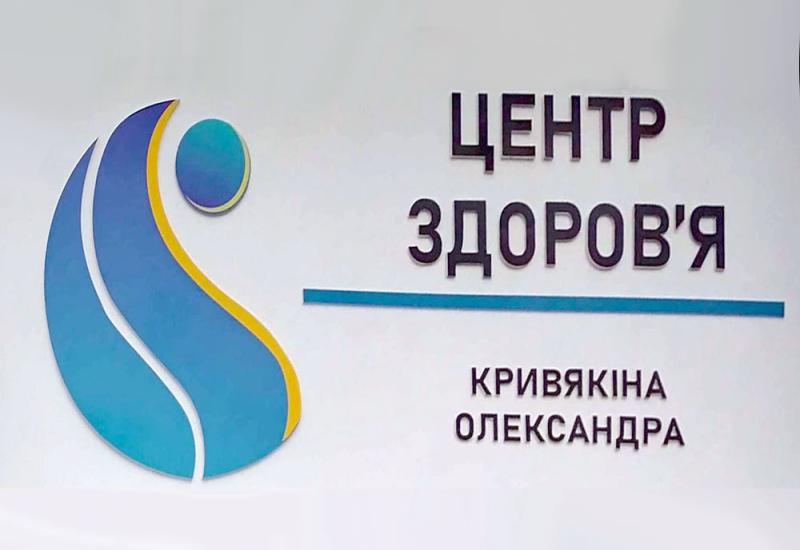A specialized center in the village of Zgurivka, Brovary district, which was opened and operates with the participation of a PhD student of the FBMI, provides free rehabilitation and physical comfort services to military personnel who have been injured in the upper and lower extremities.
Our newspaper has already told you about the scientific achievements of Oleksandr Kryvyakin, a graduate student of the Department of Biosafety and Human Health. For health improvement and rehabilitation, he created a multifunctional simulator "Osnova", which allows you to perform the maximum amount of physical exercises in a minimal area. The story had a sequel.
Recently, with his participation, a Health Center was opened, where our defenders are helped to recover from their injuries free of charge. "We teach patients to stand again, keep balance, move with and without aids. We restore strength, endurance and coordination," says Oleksandr. The center also tests special equipment designed and manufactured by the center's own staff (see KP #3-4 for 2024).
The path to opening the center was neither easy nor short. With undisguised bitterness, O. Kryvyakin says: "Creating a center in our time is a risky and expensive business. We started at our own expense, but later we had to look for additional funding. So we tried to participate in the state grant program "eRobota". Over the past six months, we have gone through all the stages of selection: we prepared an electronic application (we made mistakes in the data), prepared a business plan (it was returned for revision), had online interviews (we had constant problems with communication), and were looking forward to the final number of points (we were half a point short of receiving funding, which is why the consideration was postponed to the next stage)." But in the end, they received the funds, which helped cover part of the costs. So now in Zgurivka, our soldiers receive massage, physiotherapy, acupuncture, exercise therapy according to the Evminov and Bubnovsky methods, and, of course, an individual kinesiotherapy program using the Osnova simulator.
"Our project is a completely private initiative," the enthusiasts share. "We do not consider it costly (although we could receive monetary compensation from other patients for our time and services), we see the project as an investment in the future. After all, there are up to 10 thousand people with war-related disabilities in Kyiv alone. They need rehabilitation, adaptation, and socialization. Our knowledge, experience, and technical means can help return them to an active and productive life. In particular, for the restoration and reconstruction of the country after the war."
"Do not treat for free, because those who are treated for free cease to value their health, and those who treat for free cease to value the results of their work" - this saying is attributed to the ancient Greek philosopher and healer Hippocrates. Therefore, after completing the course of treatment, the military are offered to thank the healers by presenting a chevron that the defender had during the evacuation.
"We believe that such a payment is more than money, because such a chevron is a concentration of memories, pain, perhaps despair or joy, it is a memory of an important moment, a piece of soul left by the soldiers on the Board of Honor," the center says. At present, the memories of evacuees from Bakhmut and Avdiivka are kept there, but the collection is being replenished. "Rehabilitation for a chevron," the physical therapists joke. But... every joke has some truth in it.
O. Kryviakin's story is complemented by his supervisor, Associate Professor of the Department of Biosafety and Human Health Yulia Antonova-Rafi: "Our department trains specialists in the specialty "Therapy and Rehabilitation". Today, they are extremely popular/needed in the labor market. After all, military personnel and veterans need special attention and support in the rehabilitation process, and our graduates perfectly fulfill their professional duties and help servicemen recover from injuries.
Rehabilitation therapists can work as part of a multidisciplinary team or provide rehabilitation care independently in accordance with the goals set out in an individual rehabilitation plan, and create personalized rehabilitation programs tailored to the characteristics of patients. Among our graduates are well-known specialists who share their professional skills and experience during joint scientific and practical events in which teachers, students and postgraduates actively participate."

